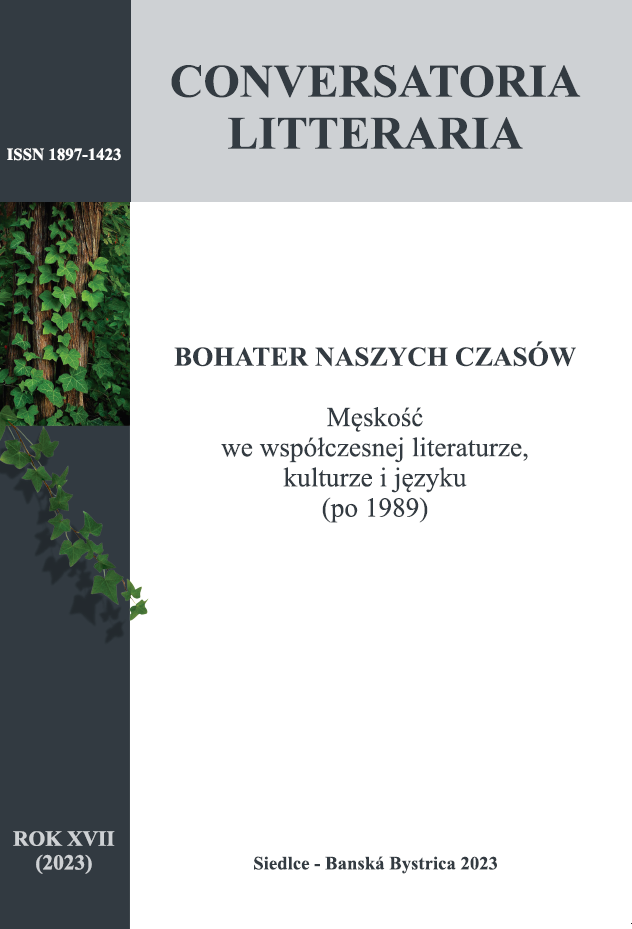Beletristická rekonštrukcia portrétu Štefana Krčméryho z posledných rokov života (Anton Baláž, Povedz slovo čisté, 2017)
DOI:
https://doi.org/10.34739/clit.2023.17.11Słowa kluczowe:
Štefan Krčméry, fictional portrait, internal and external confrontation of the character, evocation of the totalitarian eraAbstrakt
The novel’s portrayal of an unknown part of the life of Štefan Krčméry (1892 – 1955), his stay in a psychiatric asylum (1949–1955), belongs to the category of rare topics in contemporary Slovak fiction. In the novel Povedz slovo čisté, Anton Baláž gradually uncovers Krčméry’s complex, dramatic internal life through depictions of the onset and overcoming of apathetic states in the narrative, which also contains a series of diary entries by Júlia Orlovská, Krčméry’s attending physician. These entries record his lasting commitment to such values as the nation, religious faith, creative freedom, and the liberating space of literature. Carefully revealing his thoughts, attitudes and desires, Baláž completes the image of Krčméry as that of an artist, scientist, and preacher, who tries to hold on to these values even at the end of his life journey. Karol Matulay, the director of the treatment center in Pezinok, who is closely monitored by the new totalitarian regime, perceives him as a person with a „liberated imagination” or creative freedom, which can serve as a model for the „crouched imagination of Bratislava’s literati”. While the image of the final stage of Krčméry’s life seems more static, the fictitious character of Jakub Daňo, an ambitious student interested the world of literature, appears as a more dynamic and emotionally active character. According to the author, Krčméry confronts himself with the emotional experience of situations in time and space contained in his memory, with the time against which he is powerless and deprived of human dignity, due to his illness, but free. As a historical and sociological document, Baláž’s novel Povedz slovo čisté (2017) did not generate the „hero/heroes” of the current chaotic digital age; instead, the motivation behind his characters’ actions and behavior is timeless, while its empirical and epistemological value for the present-day reader is indisputable.
Pobrania
Pobrania
Opublikowane
Numer
Dział
Licencja
Prawa autorskie (c) 2023 Conversatoria Litteraria

Utwór dostępny jest na licencji Creative Commons Uznanie autorstwa – Bez utworów zależnych 4.0 Międzynarodowe.




